You are looking for a definition of the metaverse ? Do you want to understand what is behind the term metaverse? Well, I will try to help you to see more clearly, to understand what is mainly defined by a virtual universe with strong social interactions. We will try to understand where the metaverse comes from and what roles augmented reality, virtual reality, 3D, blockchain, NFTs, etc., play in these virtual worlds. To illustrate, we will talk about concepts and characteristics related to the metaverse, and above all, what can be done and found there. So, the what is metaverse exactly? Let's get to the heart of the matter. 🪐
Summary
Metaverse: simple definition to get started
So let's start with a semantic analysis. "Meta" comes from the Greek and means "beyond". So we understand that metaverse is the association of 2 words which give a "meta-universe": that is, a universe beyond the physical world. If we are satisfied with that, then we can define metaverse by virtual world.
That's it, end of the article, thanks for reading.
Well, if we dig a little deeper, we realize that the definition of metaverse is not limited to that, of course. In fact, there are several definitions. What is certain is that the metaverse contributes greatly to the transition to Web 3.0, an evolution that is underway and that is about to change the codes of the Web as we know it today. We could consider that the term metaverse gathers all the persistent and shared virtual universes in which you evolve through an avatar. An environment in which you feel fully immersed and in which you can perform all kinds of actions.
But to speak of the metaverse without mentioning the NFTs, the blockchain and all this ecosystemThe new generation of metaverses that is revolutionizing the sector is being overlooked. These notions of blockchain, NFT and crypto-currency, perhaps a little blurred for some, are however essential to the good understanding of the metaverse as it is emerging.
Where does the Metaverse come from? Some references to better understand
The concept appeared at the end of the 1960s in science fiction novels. The term metaverse did not exist yet. It has been invented by Neal Stephenson in 1962 in his novel Snow Crash. The author describes a futuristic parallel world, accessible through a helmet, in which it is possible to move with an avatar and interact with objects.
In 2003, he released Second Life, the first 3D video game embodying a representation of a metaverse. This game is a pioneer in the history of video game virtual worlds. You play as an avatar, can interact with players, create content, move around the world, etc. In short, live a parallel life in 3D, from your PC. Second Life creates the buzz and becomes the playground of marketing campaigns. Major American and French brands open virtual stores and buy advertising inserts in the game. A virtual currency is even created.

Steven Spielberg develops this concept in 2018 in his film Ready Player One which depicts a world on the verge of chaos. The population takes refuge in the Oasis, a virtual world accessible through a virtual reality headset.
For the last 10-15 years, video games designed in open, persistent worlds where social interactions are strong, have not stopped developing. It is difficult to give a definition of the metaverse not to mention these video game behemoths. One thinks of Fortnite, Roblox, World of Warcraft, Minecraft, and so on. These games owe their success to the whole environment and ecosystem developed around them. They are no longer just video games, but also community spaces with strong social interactions in which you interact through your avatar, wherever you are in the real world. In these games, you create content, program and attend events, make friends, etc. Finally, if we rely on a literal definition, all these games represent metaverses.
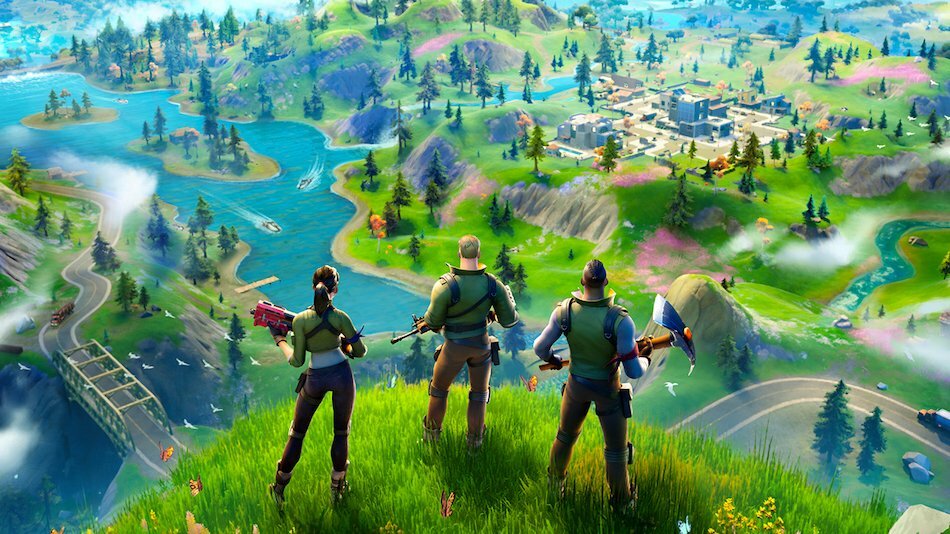
Finally, the new generation of metaverses have been created in the last few years. A real turning point has been taken. With the advent of the augmented reality, easily accessible with a smartphone and the democratization of virtual reality heaset, a new way of entering into parallel universes has appeared.
But most importantly, thanks to the development of blockchain, NFTs and crypto-currencies, a real upheaval is underway (examples with The Sandbox and Mana Decentraland).
What does the blockchain ecosystem bring to the metaverse?
The revolution is here. Well, this is not the place to explain in detail what the blockchain is, but it is a huge, transparent, unforgeable, immutable, secure database with no central control body.
The blockchain therefore provides a decentralized character to these virtual universes. Indeed, the users own the governance. The metaverse then becomes an open environment where everyone can participate.
You can find exchange platforms where transactions will be made in crypto-currencies.

In these metaverses, you can be the real owner of your land, buildings, clothes, etc., since all your virtual possessions take the form of NFTs (Non-Fungible Tokens). So you can buy NFTs, in short, earn money and spend it.
In other words, NFTs are property titles registered on the blockchain. You then have a certificate of authenticity proving that you are the owner of your goods.
Do not hesitate to read about what an NFT is to better understand this chapter.
Where it gets crazy (and it's limitless): ownership of a digital asset is then not limited to the boundaries of a particular platform or game. Imagine being able to take your belongings with you (avatars, cosmetics, artworks, etc.) in any game or metaverse developed on the same blockchain. Because from a technical point of view, for this to be possible, the 2 metaverses would have to be open, decentralized and developed on the same blockchain.
But things are changing at a lightning speed since The Sandbox begins to develop cross-blockchains partnerships allowing you to import your NFTs from one game to another.
Concepts and features related to the Metaverse
Several concepts and characteristics come together to give a definition of the metaverse. This list of criteria is not exhaustive, but represents the main lines common to the different metaverses.
Interoperability
This concept is simple. It is exactly the example I mentioned in the previous paragraph. The interoperability of the metaverse means that not only virtual worlds can be linked together, but also all digital assets. This means that objects from one virtual world can be found in another and used there. All this can only exist thanks to blockchain technology and NFTs.
Persistent
The metaverse is persistent. It does not disconnect. The time that passes in the metaverse is not altered, it works like in the real world. This means that events can be organized, scheduled or not, and if you miss them, you will not be able to participate anymore. These persistent worlds turn and move forward with or without you.
User-generated content
When virtual worlds become huge open worlds in sandbox mode, if the metaverse is to be developed, it becomes difficult for a company to develop the entire universe. This is why users, content creators, independent developers, etc. are often the biggest contributors to the development of the metaverse. Creation should be as easy as possible and totally free.
Without specific support
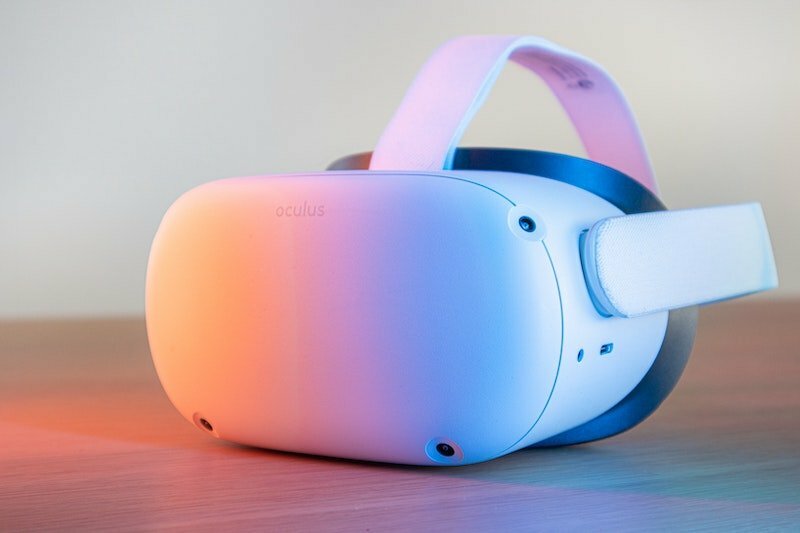
The metaverse does not require a specific platform. Users can interact with the elements of the metaverse using their smartphone, tablet, PC. They can experience it while wearing a VR (virtual reality) headset.
Virtual reality, but profitable reality!
Not only do metaverses provide advertisers with immense communication and marketing opportunities, but they also uncover new options for income generation for investors, players (with the Play to Earn games among others), the digital creators, developers, etc.
What is the Metaverse, but more importantly, what can you do in it?
In a virtual world, the possibilities are endless, you can imagine everything, create everything, revolutionize everything.
Playing video games
As you can see, the video game holds a central place in the metaverse. We won't dwell on the subject, we understand that the possibilities are multiple.
Work
This is where the concept takes on its full meaning as a true open world where the possibilities are endless. The metaverse is also a platform for meetings and exchanges. Imagine a virtual reality world that reproduces the experience of a digital and immersive office. You can then work, attend meetings, participate in conferences, trade shows, study, etc., easily, simply, without moving from your home and having the opportunity to meet people from all over the world and attend events you could never have gone to in person.
In addition, any the metaverse ecosystem creates jobs. According to a study published by Dell Technologies and Institute for the FutureBy 2030, 85 % of the jobs that will exist are still unknown today. We can imagine that a large majority of them will be linked to digital technology, robotics, the metaverse, Artificial Intelligence, etc. Companies must urgently take an interest in these new technologies, or risk losing competitiveness.
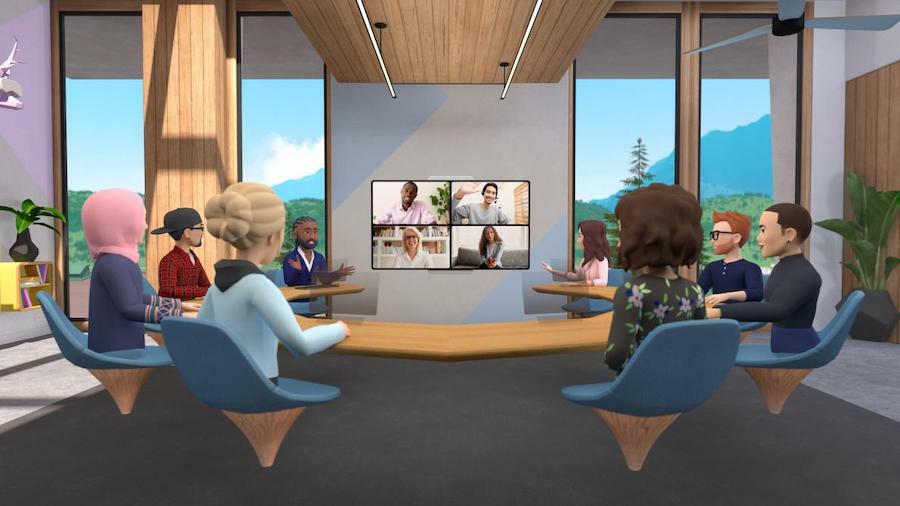
Access to culture
Your virtual presence in the metaverse allows you to immerse yourself in the digital space like never before. Concerts, music festivals, museum visits, exhibitions... You will be able to live a totally immersive experience thanks to a VR headset by attending a concert on a virtual stage.
Investing in real estate
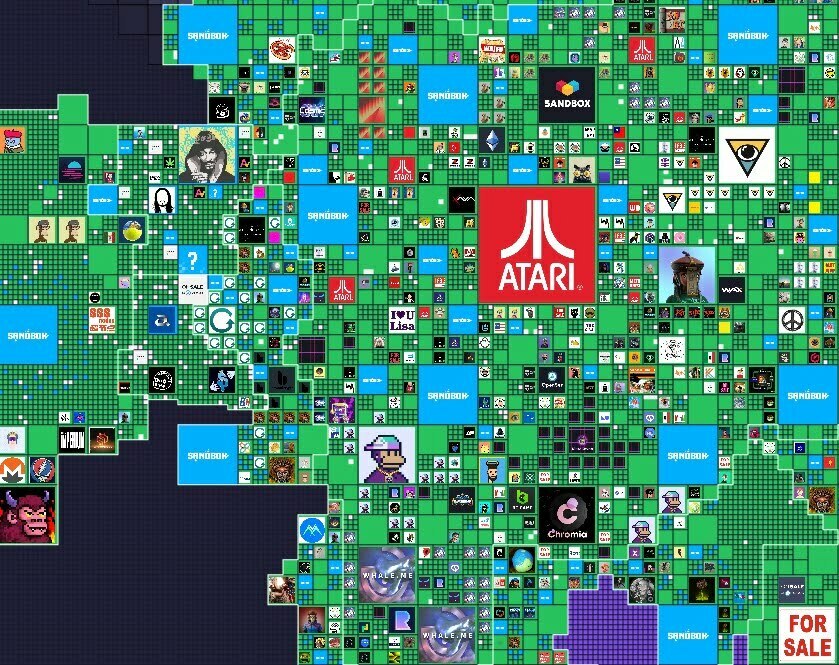
The virtual ground (called LAND in some metaverses) works like real estate in real life. Once you have purchased your virtual land plot, you can rent it, resell it at a profit or build on it. The 2 big players in the market are The Sandbox and Decentraland who have already started selling digital plots.
Participate in social events
The metaverse seems to be the inevitable evolution of our social life. Stronger, bigger, more complete than social networks, metaverses will gradually replace what we know today. Let's ask Mark Zuckerberg what he thinks since he renamed Facebook to Meta... (2021)
What will be the metaverse of tomorrow?
So, before we get to the situation described in Ready Player One (I really recommend you see the movie), it's going to be a while yet 😅.
First, companies need to work together to adopt standardized standards and a common vision. Software must become more powerful, better connected. blockchain needs to become more fluid in its user experience. And everyone needs to be better informed about this whole ecosystem.
The metaverses of tomorrow? Real consumption and communication environments built by everyone and for everyone.
Works that complete the definition of the Metaverse
The novel by Neal Stephenson, Snow Crash, in which the term "metaverse" appears for the first time. Cult cyberpunk science fiction novel, winner of the Grand Prix de l'Imaginaire in 1997.
Summary : Magnate of a vast media company, L. Bob Rife has developed, from discoveries in Sumerian excavations, the Snow Crash, a drug that attacks the human brain, disorganizes the nervous system and makes you crazy. But the particularity of this drug is that it also acts as a virus in the Metaverse, the virtual reality. Famous hacker and champion swordsman in the Metaverse, Hiro Protagonist, deliveryman for Pizza CosaNostra in the real world, and Y. T., a young kourière who moves with her Intelliroues skateboard, find themselves under the protective eye of the godfather Uncle Enzo to fight against the metavirus. Two worlds will clash until the victory of good over evil.
The science fiction and adventure film Ready Player One by Steven Spielberg released in 2018.
Synopsis : 2045. The world is on the verge of chaos. Human beings take refuge in the OASIS, a virtual universe developed by the brilliant and eccentric James Halliday. Before disappearing, he has decided to bequeath his immense fortune to anyone who discovers the digital Easter egg he has hidden in the OASIS. The lure of gain provokes a planetary competition. But when a young boy, Wade Watts, who does not have the profile of a hero, decides to participate in the treasure hunt, he is plunged into a parallel world that is both mysterious and disturbing...
The book Metaverse Investing: beginners to advance is rather dedicated to people who want to invest in the metaverse ecosystem, but don't know where to start. This guide will teach you everything you need to know before investing in the metaverse (crypto, blockchain, NFT, Land, trading, etc).


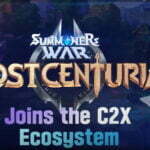
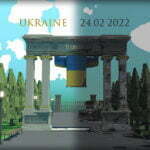






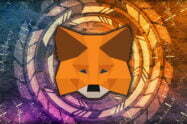
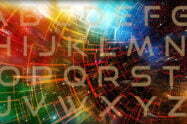
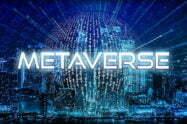
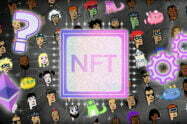
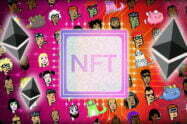
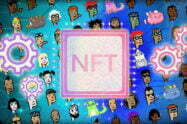
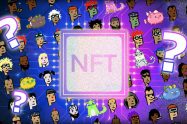
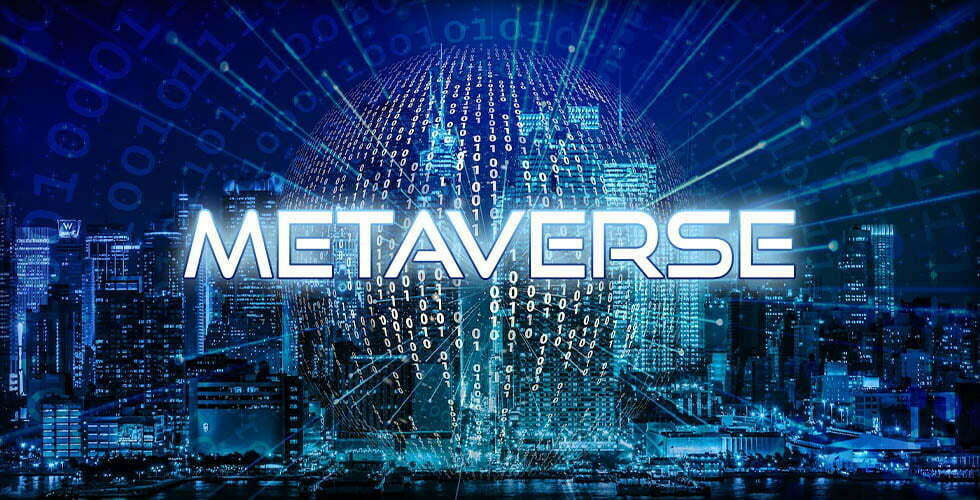



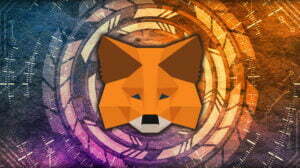
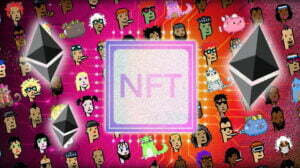
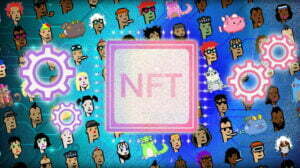
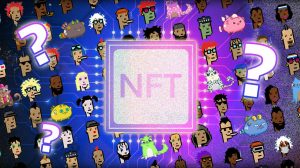













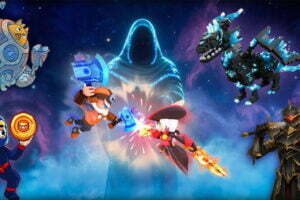

Add Comment